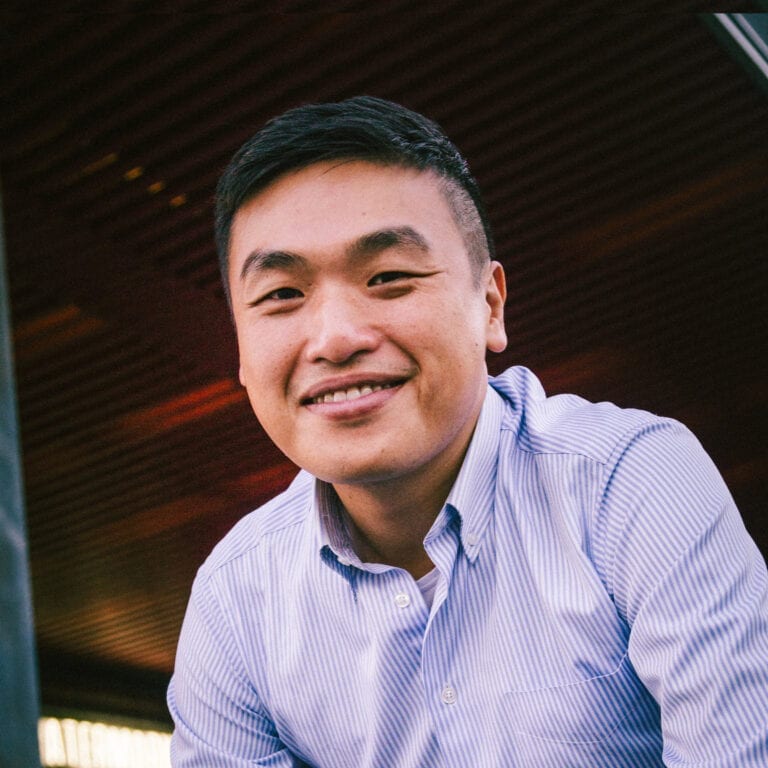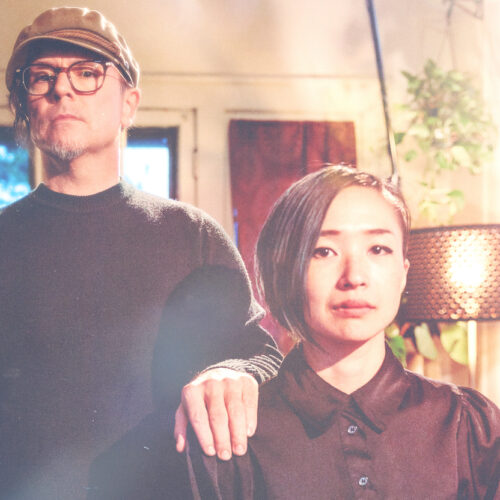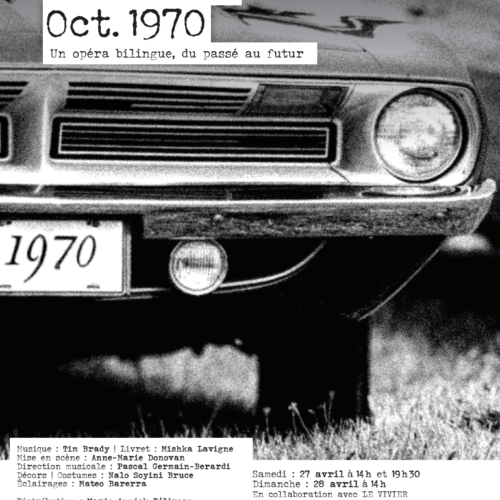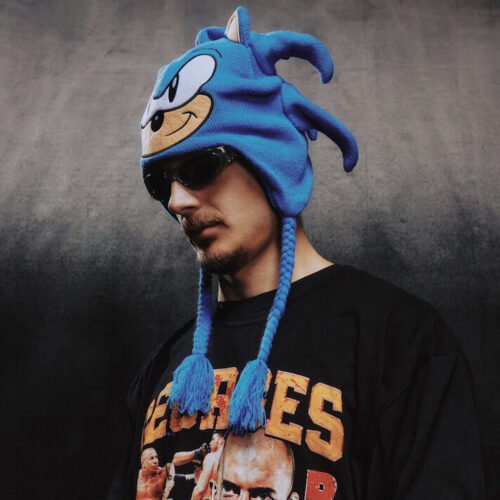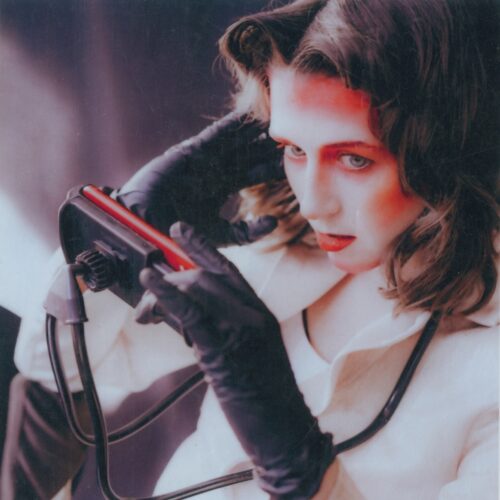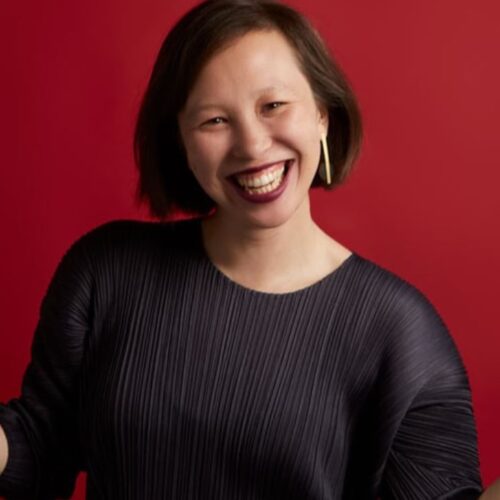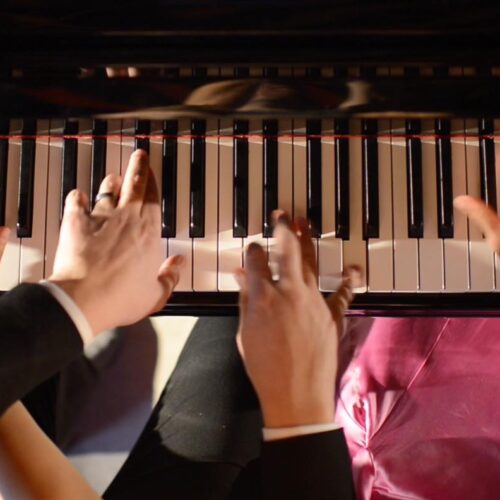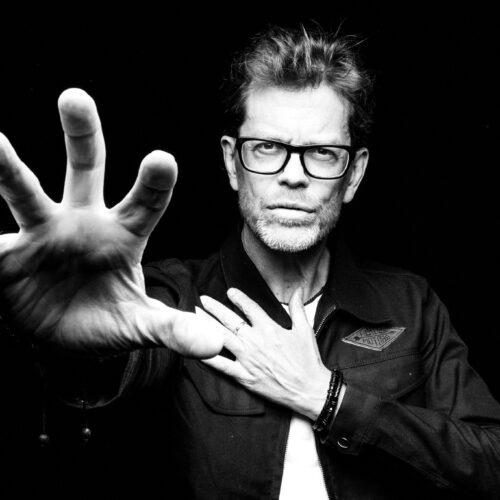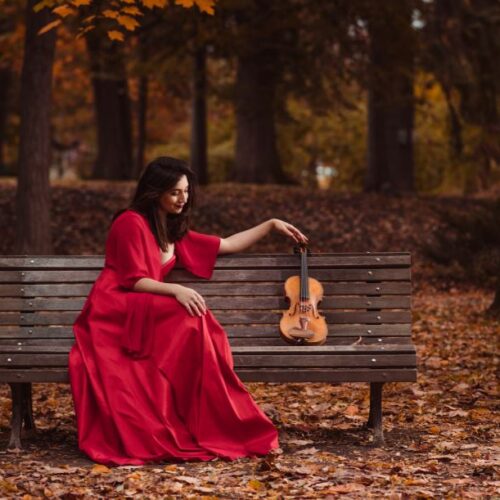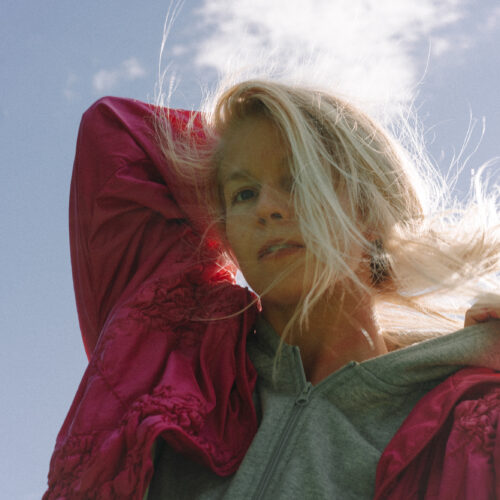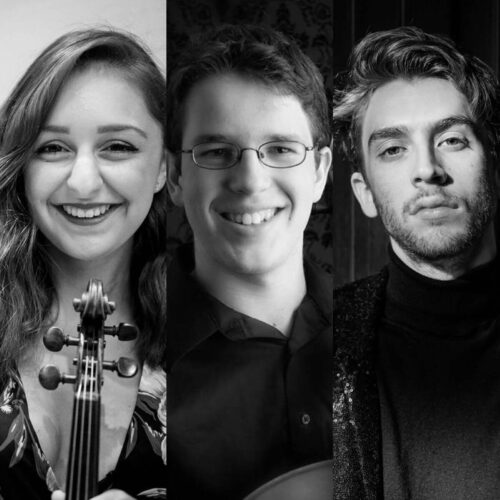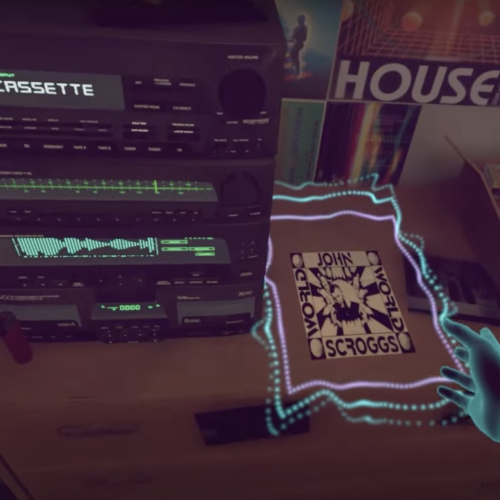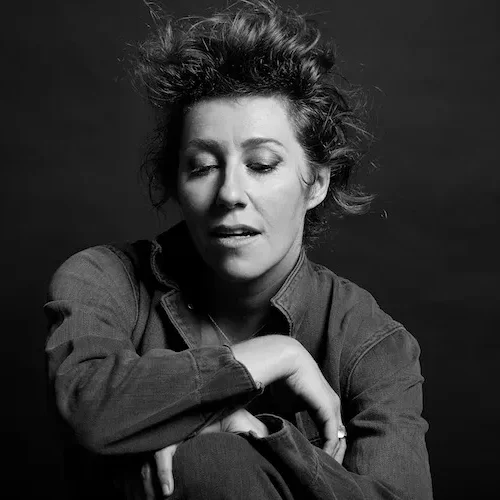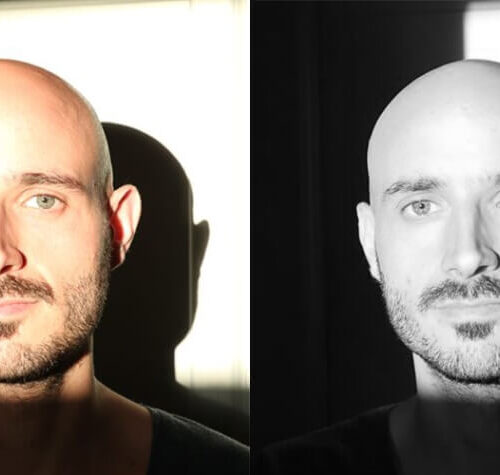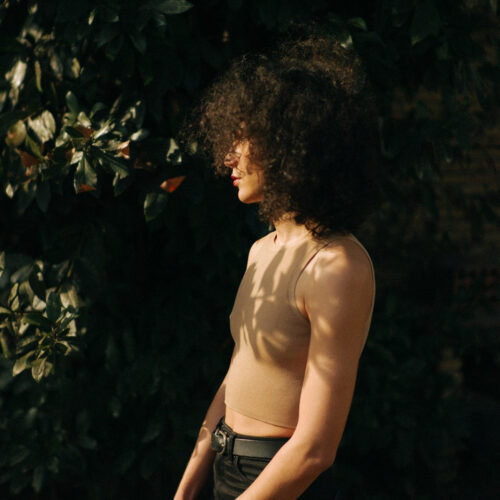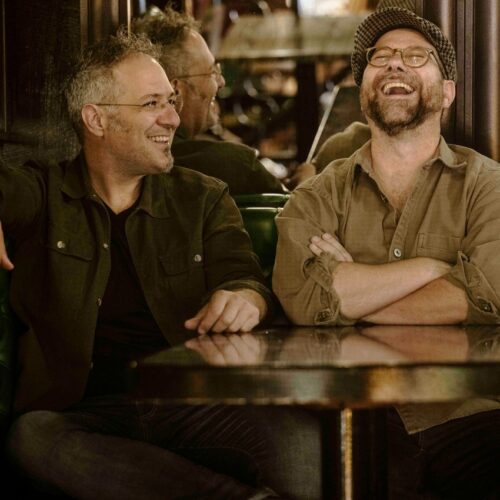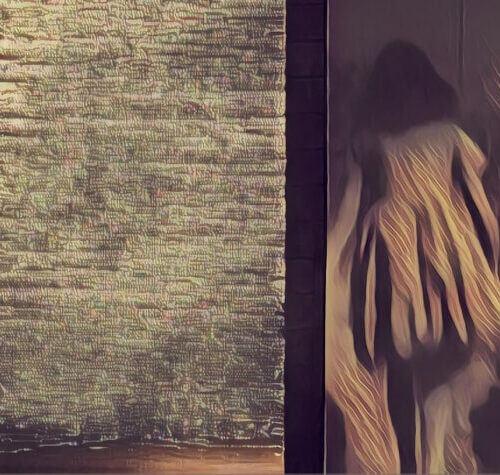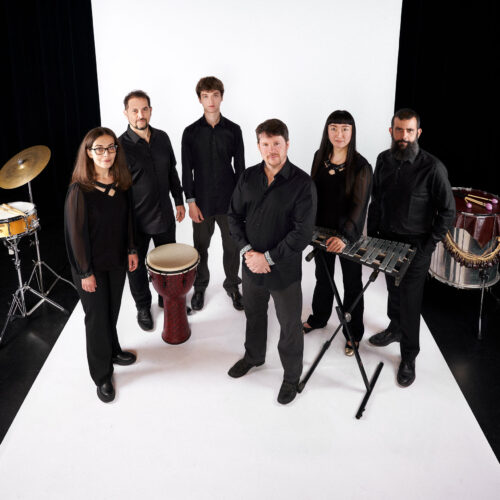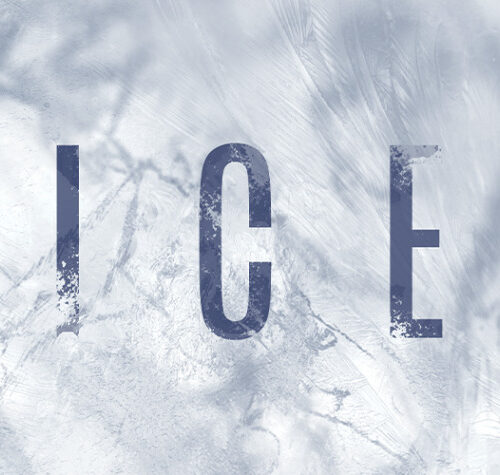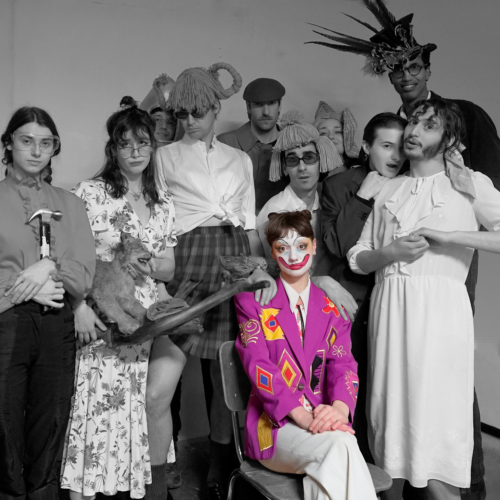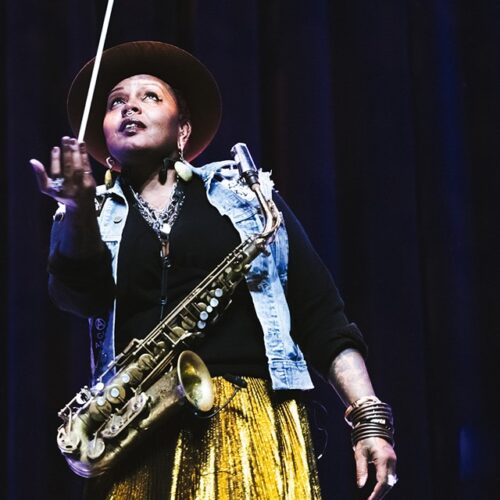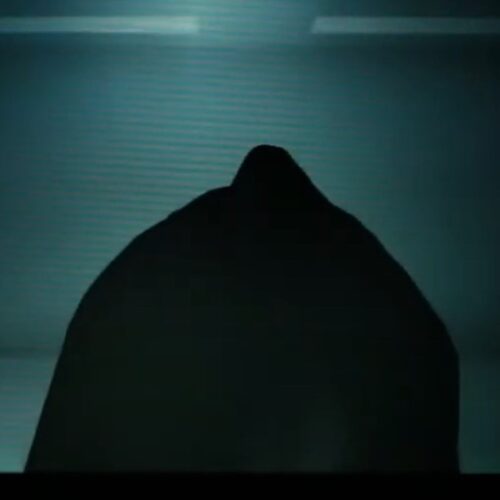Additional Information
Photo: Elizabeth Smith
PAN M 360: Let’s start with the title, The Emigrants. Using the word “emigrant” obliges a consideration of uprooting and relocation from the other side, what’s given up or left behind, rather than what awaits.
George Lam: I chose The Emigrants as the title precisely because I wanted to explore these individuals’ stories from the perspective of what they left behind, and in turn, why they decided to stay in NYC. I am an immigrant/emigrant myself; I was born in Hong Kong and stayed there until I was 12, then moved to the United States to go to school, and just now I’ve moved back to Hong Kong to take up a teaching position, some 28 years after I left. I think musicians in particular have always been open to new opportunities in different places, both locally and globally. I learned a great deal from interviewing these seven amazing musicians on why they chose to leave, and what they left behind.
PAN M 360: The music you’ve composed is, to my ear, full of conflicting emotions. The same can be said of the voices of the interview subjects, if perhaps more subtly. There’s also a definite sense of urgency present. What would you say you’re trying to express?
GL: By looking at both what lies ahead and what is left behind, there is already an inherent drama in the story, and that is very much what I tried to express in The Emigrants. In particular, I wanted to highlight the drama of the spoken words through repetition and by connecting the speech rhythms with the cello and percussion. I think your description of “urgency” is especially apt here, as uprooting and re-rooting takes a lot of time. For all of us, how many such moves can we make in our lifetime while we are still able to be productive and make art?
PAN M 360: On a more technical note, it’s notable how your music, and the recorded voices, the interview passages, fit together comfortably, neither imposing on the other. Making them work together must have been an exacting process.
GL: I have had a lot of experience in working with words as an opera and art-song composer. With my ensemble Rhymes With Opera, I was able to workshop different composition approaches with our fantastic ensemble of singers, and to explore my interest in recitative. I am especially interested in recitative because of how both the words and music are informed by natural speech. For The Emigrants, I similarly approached the spoken words as a kind of recitative, and where the words can create their own conversation with the cello and percussion of New Morse Code.
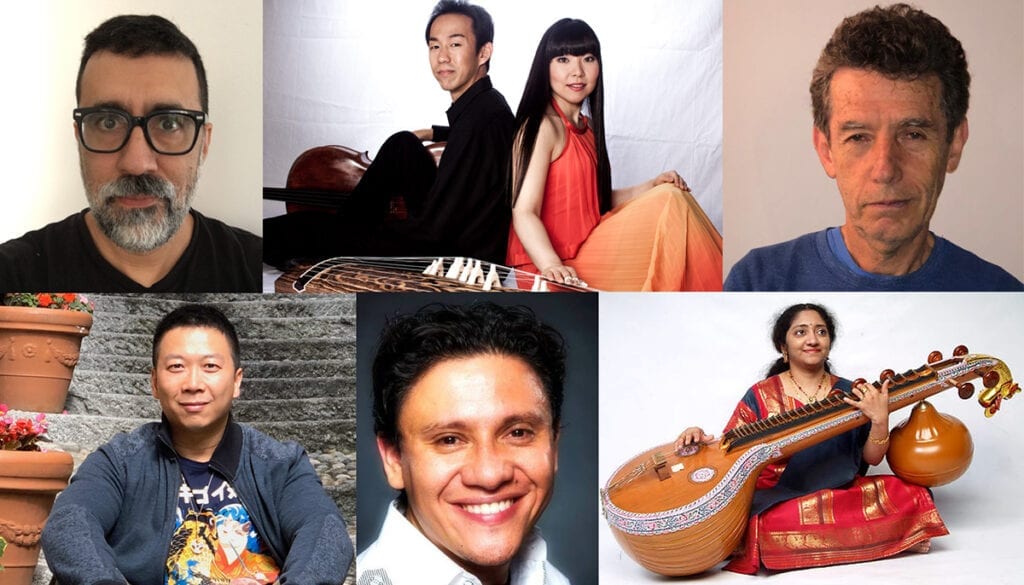
PAN M 360: The interview subjects whose words and voices you use are all musicians living in Queens. What more can you tell about them, and why they were chosen, or chose, to participate in this project?
GL: When I first talked with New Morse Code about a new piece, I knew I wanted to do a “documentary” work that’s also a piece of chamber music. We talked about different potential subject matters, and ultimately settled on individuals who moved away from home, since it’s a theme that hits close to home for both me and the performers. At the time, I was living and working in Queens, and originally wanted to focus on Queens residents in general. However, as I thought more about how to approach the work, I wanted to hone in specifically on emigrant musicians in Queens, since I have never written a piece “about music” before.
I reached out to a lot of different potential contacts, and tried to find people who are from different places, different cultures, and working on different genres of music. I was very fortunate to be able to include Rafael Leal, a percussionist from Colombia who is also a published author and teacher; Chris Yip, an NYPD officer and pianist engaged with community outreach; Duo Yumeno, a cello-shamisen duo based in Queens; Alvaro Rodas, a classical percussionist and music educator who founded an El Sistema-inspired strings program in Corona; Harold Gutierrez, a composer and teacher living in Queens; and Nivedita ShivRaj, a Carnatic musician and teacher also living in Queens.
For the world premiere of The Emigrants at the Queens Museum in December 2018, we also featured Rafael Leal and Duo Yumeno as performers as part of the concert. All of the interviewees are fantastic musicians, and it’s been a truly rewarding experience to work with them on this piece.
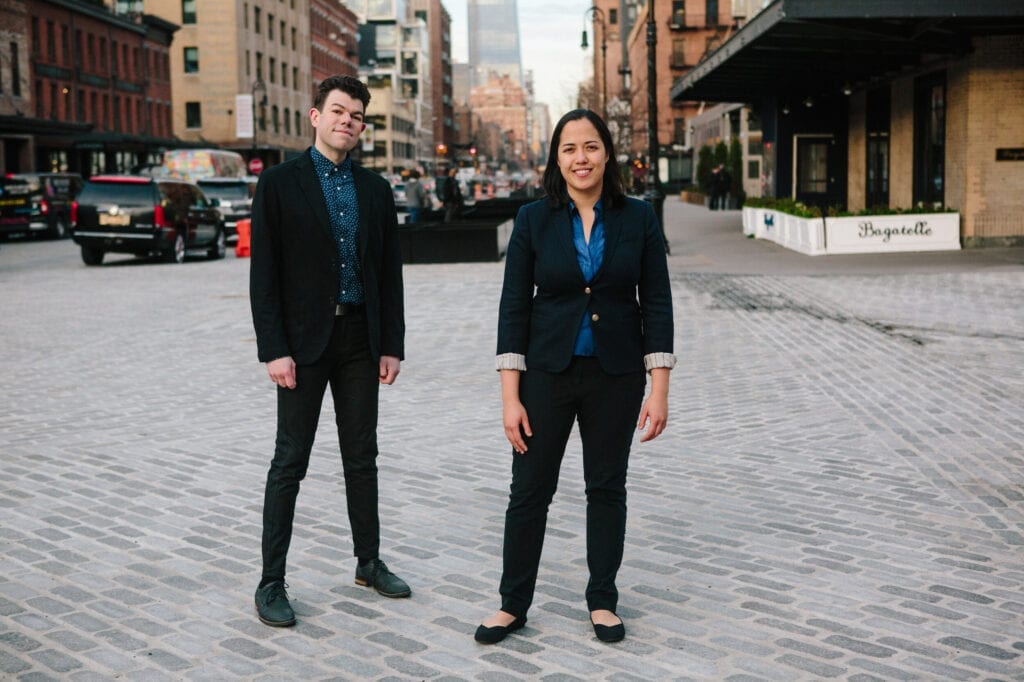
PAN M 360: The Emigrants is performed by the duo New Morse Code. Can you tell a bit more about them?
GL: New Morse Code is Hannah Collins, cello, and Michael Compitello, percussion. They are a fantastic duo who focus on new music in general, but also on developing new repertoire for cello and percussion through commissioned works. I know Michael from my time at the Peabody Conservatory, and was very excited for the opportunity to get to work with him and Hannah on The Emigrants.
Working with New Morse Code has been one of the highlights of my career as a composer thus far; to work with professional performers who not only perform on such a high level, but who also care a great deal about how to connect their audiences with new music, has been especially rewarding. For example, supporters of their Kickstarter project “New Morse Connections” not only helped to create The Emigrants, but also the opera project *dwb*(driving while black) with soprano Roberta Gumbel and composer Susna Kander, and the consortium-led commission of Catharsis by David Crowell.
PAN M 360: Yourself, as well as Hannah and Michael of New Morse Code, and several of your interview subjects, are educators, or involved in pedagogical projects. Do you think this involvement in teaching and learning informed the creation of The Emigrants?
GL: I think our role as teachers, and in particular with higher education in both the U.S. and Hong Kong, absolutely informed our work with The Emigrants. Our experiences very much resonate with most of the interviewees who support their performance careers through teaching. In particular, the second movement of the work, titled Études, features interview excerpts related to teaching and learning, and how both are integral to the musicians’ own growth as performers and teachers.
PAN M 360: What are the plans for The Emigrants, and as well, what can you tell about your project Haptic, with Michael of New Morse Code?
GL: We’ve just released The Emigrants as an EP on all streaming platforms and Bandcamp, and will continue to publicize the piece so that hopefully other performers would be interested in performing it as well – once we can get back to live performances in the near future! For Haptic, this is a new percussion duo that I first developed with Cisum Percussion in 2019, and subsequently worked with Michael Compitello on a revision and a mockup recording. I’m trying something new with the piece’s development; I made the score and recording available on my website and I’m looking for “beta testers” who might be interested in trying out the new piece and giving me feedback. I launched this effort earlier last week, so we’ll see where it goes!
